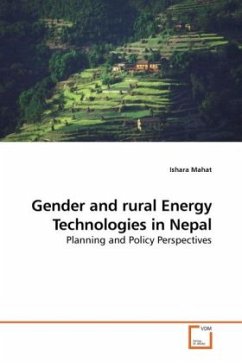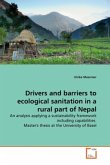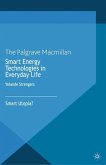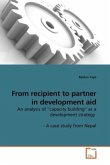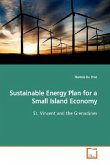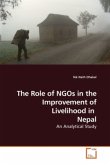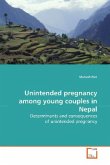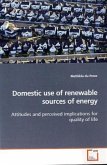Women in rural Nepal are heavily involved in management of energy resources particularly biomass, which constitute the main form of rural energy. Women s most time consuming activities in rural areas of Nepal are cooking, collecting firewood, and processing grain,all of which are directly associated with the rural energy system. Despite women s strategic interests in improved rural energy in Nepal, energy planners (normally male) rarely consider women s roles, needs, and priorities when planning any interventions on rural energy. Unless women are active participants in planning and management of alternative energy technologies, adoptability of such technologies remains low as women are the primary users and mangers of household energy system in rural Nepal. Despite the potentials of AETs to reduce the human drudgery especially of women, their use is very limited due to financial and technical reasons. Thus this study suggests a framework for increasing women s participation in rural energy plans and programs at local and national level, and develops the policy measures to enable integration of gender into energy planning and policies.
Bitte wählen Sie Ihr Anliegen aus.
Rechnungen
Retourenschein anfordern
Bestellstatus
Storno

